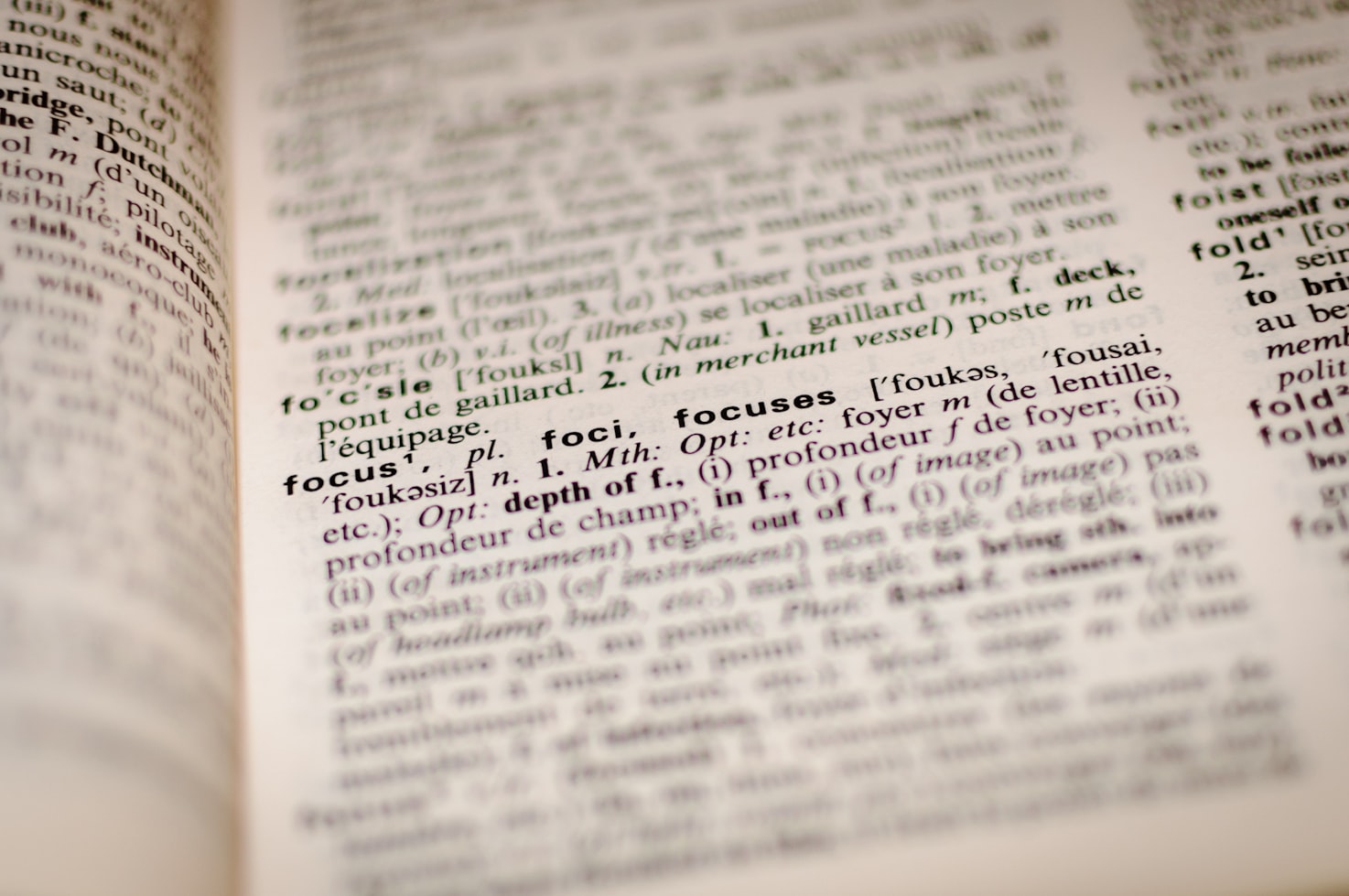3rd Sunday of Easter (A)
Readings: Acts 2: 14, 22-33; Psalm 15 (16): 1-2, 5, 7-11; 1 Peter 1: 17-21; Luke 24: 13-35
Picture: Romain Vignes on Unsplash
My dear friends, have you ever experienced a brain fog? Say you’re reading a book or an email, and you find yourself going over the same line again and again, without catching its meaning. You know all the words, but can’t quite connect them. And it’s not because the sentence is too hard. It may be very simple. But for some reason you just can’t focus your thoughts. It’s as if a fog has descended upon your brain, slowing it down, preventing you from grasping what you see.
In today’s gospel, the disciples experience something similar. They can plainly see Jesus, but they can’t recognise him. They can readily recount all the recent events that have transpired concerning him, but they cannot grasp their meaning. It’s as if a fog has descended, keeping them from connecting the dots. Except that, in their case, the fog is not in the brain, but somewhere else. Jesus indicates just where when, after patiently listening to what they have to say, he calls them foolish and slow to believe. In another translation (NRSV), the Lord says, Oh, how foolish you are, and how slow of heart to believe all that the prophets have declared!
What the two disciples are suffering is not a fog of the brain, but of the heart. A thick cloud of unbelief keeps them from recalling what the prophets had long foretold. That it was necessary the Christ should suffer and so enter into his glory. By helping them to connect the dots, the Lord dispels the fog. Causing their hearts to burn with renewed faith and hope. Opening the way for them to recognise him. And it’s no coincidence that the recognition happens at the breaking of bread. For what the Lord does at this meal doesn’t just recall his actions at the miraculous feeding of the multitudes, and the Last Supper. It also points to what we do at the Eucharist.
Here the Crucified and Risen One helps us connect the dots of our lives. Here he clears away the fog of our unbelief. Here he helps us recognise him, even amid troubling events and painful experiences. Renewing our faith and hope in God, and showing us how we can do what Peter does in the first reading. Enabling us to help others connect their dots, and come to faith in God. Isn’t this why the second reading tells us to take care to remember? To remember, as we do at every Eucharist we celebrate. To remember that the ransom to free us from a useless way of life was paid neither in silver nor gold, but in the precious blood of a lamb… namely Christ.
My dear friends, as you know, in recent days, important people have been considering the likely impact of grave global events on our life as a nation, and how we might best respond. Added to this, it’s likely that we all have our own personal challenges to face. And, amid it all, we believe that Jesus continues to draw close and walk with us. Consoling and encouraging us. Helping us to recognise him.
Sisters and brothers, whether we realise it or not, a cloud of unbelief is no less debilitating than a brain fog. What must we do to let the crucified and risen Lamb of God renew our faith and hope in him this Easter!

No comments:
Post a Comment